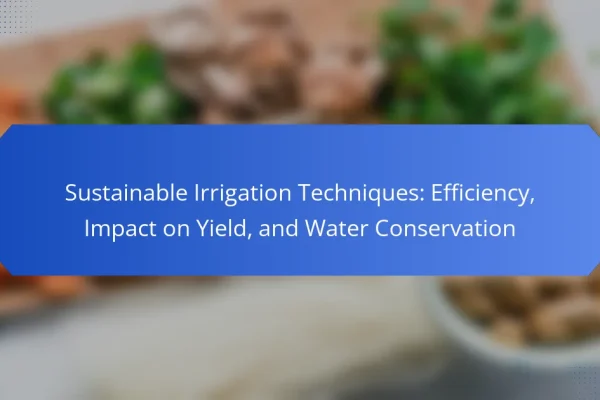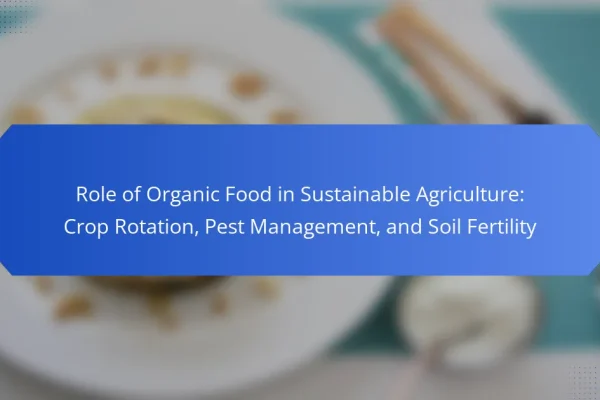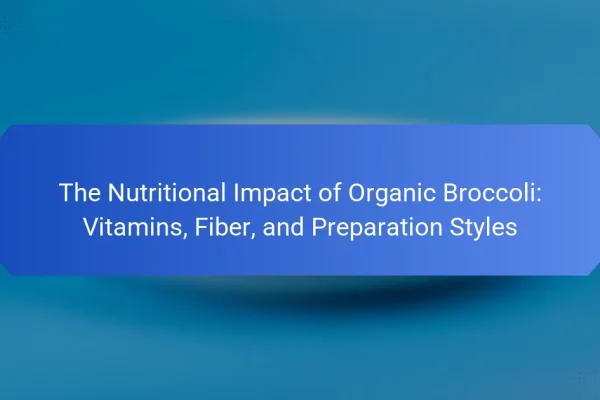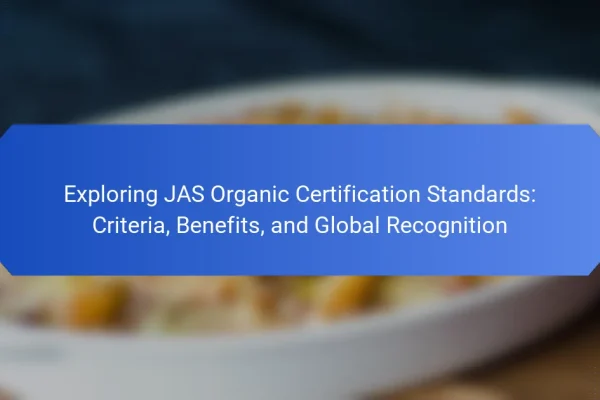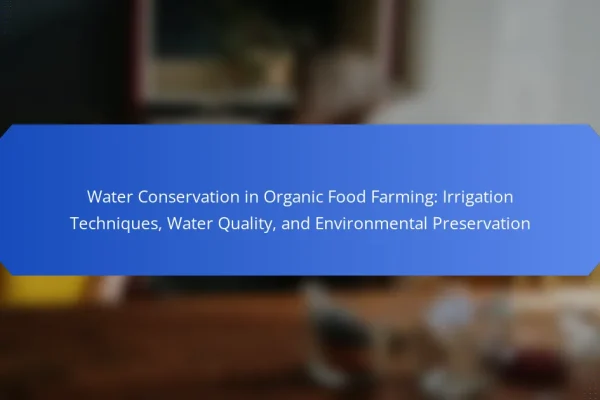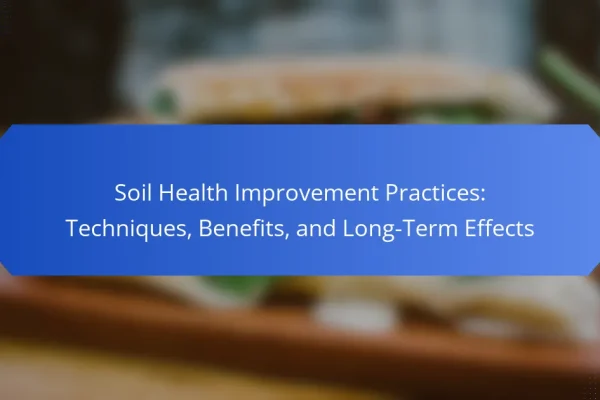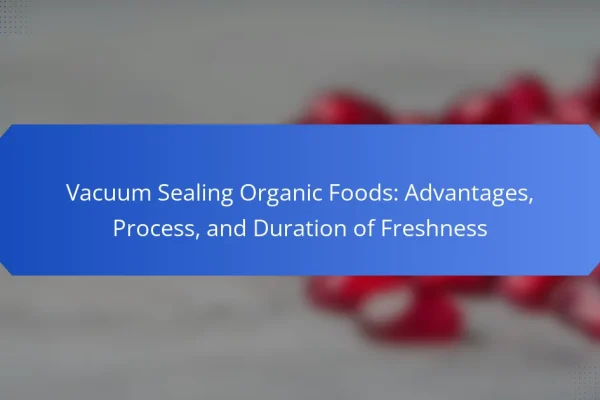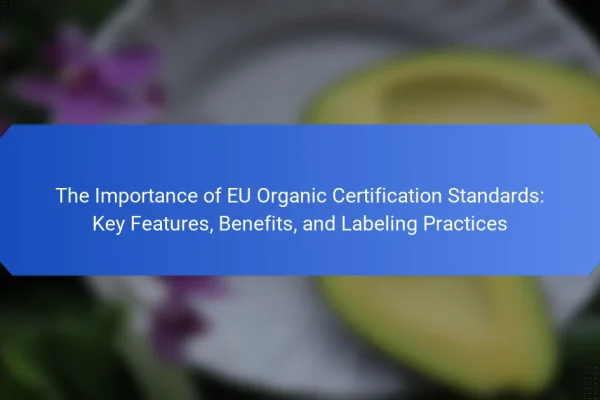
Organic Breads: Ingredients, Health Benefits, and Baking Tips
Organic breads are made from ingredients cultivated without synthetic pesticides or fertilizers, primarily using organic grains such as wheat or rye. These breads adhere to strict agricultural standards, ensuring they are non-GMO and sustainably sourced. Research indicates that organic breads may offer higher nutrient levels, particularly antioxidants. The article will cover the essential components of…
